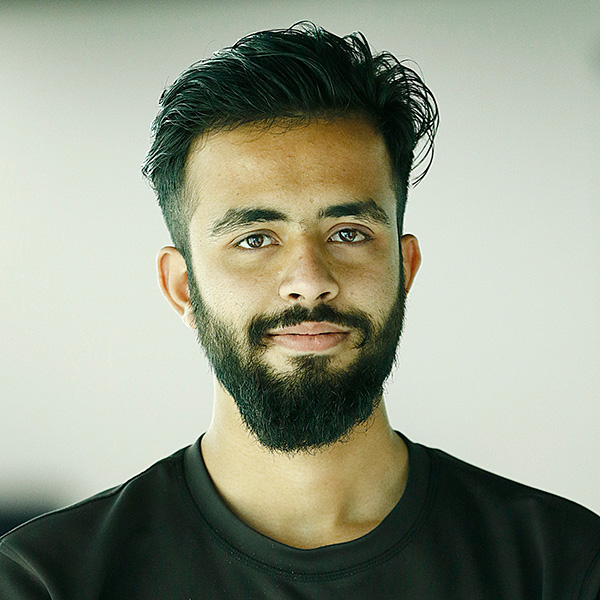Valley
Sex workers more vulnerable to reproductive health problems
Nishu* never wanted to have a child. A 28-year-old female sex worker in Kathmandu, Nishu depends on her body for her livelihood. And being pregnant would mean that she would have to stop working for a year, at the very least. This was not something she could afford to do.
Nayak Paudel
Nishu* never wanted to have a child. A 28-year-old female sex worker in Kathmandu, Nishu depends on her body for her livelihood. And being pregnant would mean that she would have to stop working for a year, at the very least. This was not something she could afford to do.
However, a year or so ago,when Nishu went to her regular health service clinic, she found out that she was pregnant. She immediately wanted to get an abortion (which would have been her third one), but the clinic didn’t allow the procedure, citing risks in her health. They suggested Nishu have the baby rather than abort it.
“I didn’t want to have the baby. When he grows older and starts asking questions, how do I tell him that he is the son of a prostitute? How can I tell him that I don’t know who his father is?” said Nishu, who now has a one-year-old to fend for. “I had no idea then that there were health risks due to abortion. But I have learned my lesson. I have now been denying sexual contact with those who deny using contraceptives.”
According to gynaecologists, frequent abortions lead to various complications in the reproductive health of a woman. Some of the most common complications are infections in the womb and the cervix. But people like Nishu, who have never received proper education, are not aware of these issues.
“We see frequent abortion cases due to a lack of use of contraceptives among sex workers. If a woman performs frequent abortions, she has a high chance of suffering from infertility for the rest of her life,” said Dr Nira Singh Shrestha, Head of the Department of Obstetrics and Gynaecology at Nepal Mediciti Hospital.
And while there are clinics that suggest female sex workers to not have abortions, and treat them like any other patient, there are some places that outrightly reject treating these women when they find out their profession.
“I was forced to have a baby the first time I got pregnant because all the three health services I went to denied me an abortion when I mentioned that I was a sex worker. That is how I was treated by educated and modern people,” said Krishna*, another sex worker and a friend of Nishu’s.
Along with being denied basic health services, many sex workers even face sexual violence in the name of treatment in some health service clinics. Because of this, many sex workers prefer not go to clinics, and they are unaware of the sexual health problems they are dealing with. Female sex workers are extremely vulnerable to reproductive health problems and to Sexually Transmitted Diseases (STDs), especially deadly diseases like HIV AIDS. “It is absolutely crucial that female sex workers have regular health check-ups to minimise any major risks to their reproductive health,” said Dr Shrestha. “It is needless to say that frequent sexual contact with multiple partners affects reproductive health and just invites in various infections.”
However, finding out if sex workers have the HIV virus is a major challenge for concerned authorities because sex workers do not readily go to health service facilities for testing. This is because of the treatment they receive when people find out their profession. “There are many instances when sex workers come to us with problems regarding denial of treatment and unusual touches by health personnel in the name of treatment. People behave this way when they know the patient is a sex worker,” said Shanti Tiwari of Jagriti Women Federation, an organisation that works with sex workers.
“Sex workers deny coming to health service facilities by themselves due to their personal problems. We always have to talk with third party organisations to reach them, test them and provide treatment if any of them is suffering from AIDS,” said Dr Tara Nath Pokhrel, Director of National Centre for AIDS and STD Control.
According to sex workers and authorities at different organisations, there is a major need to organise a proper and supportive environment for sex workers so that they can have their health checked. “The government must monitor health service facilities. People should also change their perspective towards sex workers and stop being disrespectful towards them when they come to public places like hospitals,” said Tiwari.
According to Tiwari, there are around 55,000 sex workers with their organisation, and it is estimated that there are more than 65,000 sex workers across the country.
*Names have been changed




 9.7°C Kathmandu
9.7°C Kathmandu














